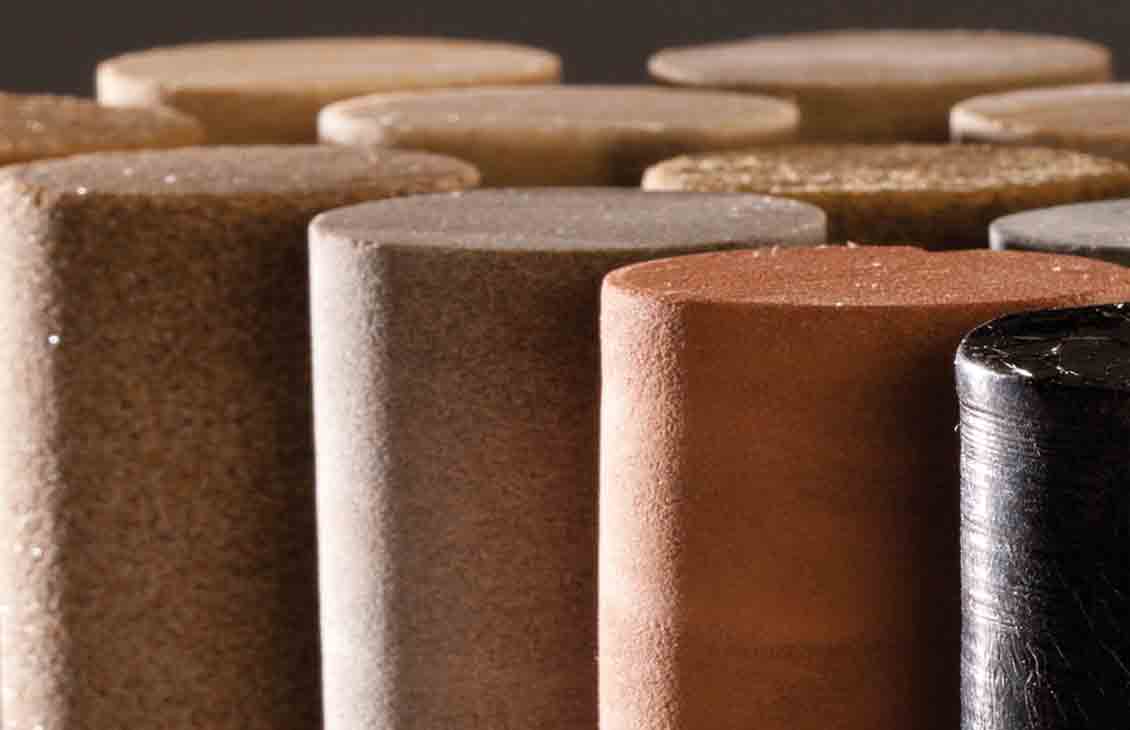API RP 40 Recommended Practice for Core Analysis Procedures in Petroleum Reservoirs
The API RP 40 is a crucial document providing detailed guidelines and best practices for core analysis procedures used in petroleum reservoirs. This recommended practice is essential for ensuring accurate, reliable, and consistent data collection and interpretation of rock properties from cores extracted during exploration and production activities.
In the oil & gas sector, understanding rock properties such as porosity, permeability, strength, and mineral composition is critical for optimizing well performance, enhancing recovery rates, and minimizing operational risks. API RP 40 serves as a benchmark for laboratories conducting core analyses, ensuring that all tests are conducted under standardized conditions to provide comparable results across the industry.
The recommended practice covers various aspects of core analysis, including sample preparation, testing protocols, data recording, and reporting procedures. It is designed to be flexible enough to accommodate different geological and reservoir characteristics while maintaining high standards of quality control and assurance.
One of the key features of API RP 40 is its emphasis on reproducibility and repeatability of test results. By following the specified methods and procedures, laboratories can ensure that their findings are consistent with those obtained by other reputable organizations. This consistency is particularly important when comparing data from different wells or reservoirs.
The document also addresses potential challenges in core analysis, such as variations in core quality due to drilling practices or differences in environmental conditions during transportation. It provides recommendations for minimizing these effects and ensuring that the analyzed samples remain representative of the original reservoir material throughout the testing process.
API RP 40 is regularly updated to incorporate new technologies and methodologies that improve the accuracy and reliability of core analysis. The latest version includes enhanced guidelines for advanced techniques like nuclear magnetic resonance (NMR) measurements, which offer more detailed insights into pore structure and fluid distribution within rocks.
Compliance with API RP 40 not only enhances the credibility of laboratory results but also fosters trust among stakeholders involved in oil & gas projects. By adhering to these recommended practices, laboratories contribute to safer, more efficient operations and ultimately help maximize resource recovery from petroleum reservoirs.
Applied Standards
| Standard Name | Description |
|---|---|
| API RP 40 | Recommended Practice for Core Analysis Procedures in Petroleum Reservoirs |
| ASTM D3859/D3859M-17 | Standard Test Method for Determination of Rock Mechanics Properties by Direct Tension Testing on Rock Cores or Samples |
| ISO 20343 | Guidelines for Core Analysis in Petroleum Exploration and Production |
Benefits
- Ensures accurate, reliable, and consistent data collection from core samples.
- Minimizes discrepancies between laboratory results and field observations.
- Facilitates better decision-making through precise understanding of rock properties.
- Promotes comparability of test results across different laboratories and projects.
- Supports safer, more efficient operations by providing robust data on reservoir characteristics.
International Acceptance and Recognition
- The API RP 40 is widely recognized as a leading standard in the oil & gas industry for core analysis procedures.
- It has been adopted by numerous international organizations, including the International Energy Agency (IEA) and various national petroleum associations.
- Laboratories around the world that adhere to this recommended practice are often preferred partners due to their consistent quality assurance practices.





